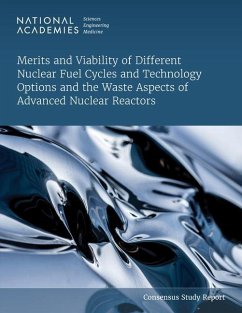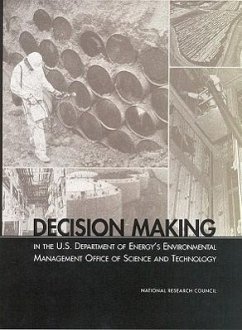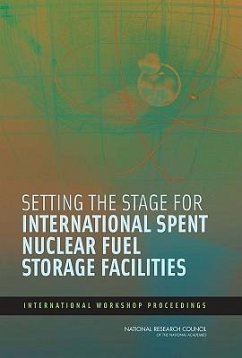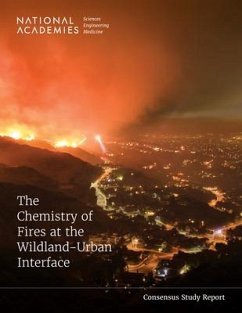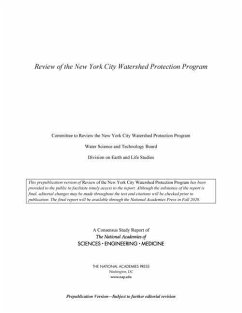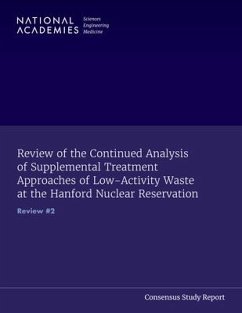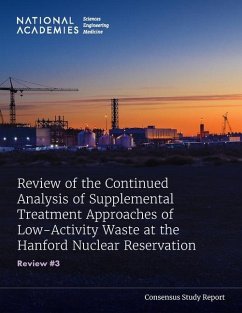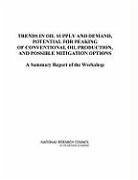
A Research Agenda Toward Atmospheric Methane Removal
Versandkostenfrei!
Versandfertig in über 4 Wochen
52,99 €
inkl. MwSt.

PAYBACK Punkte
26 °P sammeln!
2023 shattered global climate records as the warmest year in the modern record, bringing with it devastating impacts on human and natural systems. Methane emissions, about 60% of which come from human activities, are a major contributor to global warming, second only to carbon dioxide (CO2). Methane is relatively short-lived in the atmosphere but is 80 times more potent than CO2 at trapping heat over a 20-year period. Together with reducing CO2 emissions, rapid and sustained reductions in methane emissions are critical to limit both near- and long-term warming in future decades. But given the ...
2023 shattered global climate records as the warmest year in the modern record, bringing with it devastating impacts on human and natural systems. Methane emissions, about 60% of which come from human activities, are a major contributor to global warming, second only to carbon dioxide (CO2). Methane is relatively short-lived in the atmosphere but is 80 times more potent than CO2 at trapping heat over a 20-year period. Together with reducing CO2 emissions, rapid and sustained reductions in methane emissions are critical to limit both near- and long-term warming in future decades. But given the many barriers to achieving needed emissions reductions at scale, researchers are exploring the potential of technologies to remove methane from the atmosphere. A Research Agenda Toward Atmospheric Methane Removal is the first report of a two-phase study to assess the need and potential for atmospheric methane removal. This report identifies priority research that should be addressed within 3-5 years so that a second-phase assessment could more robustly assess the technical, economic, and social viability of technologies to remove atmospheric methane at climate-relevant scales. The research agenda presented in this report includes foundational research that would help us better understand atmospheric methane removal while also filling knowledge gaps in related fields, and systems research that seek to address what developing and/or deploying atmospheric methane removal at scale would entail. A Research Agenda Toward Atmospheric Methane Removal also assesses five atmospheric methane removal technologies that would accelerate the conversion of methane to a less radiatively potent form or physically remove methane from the atmosphere and store it elsewhere.



